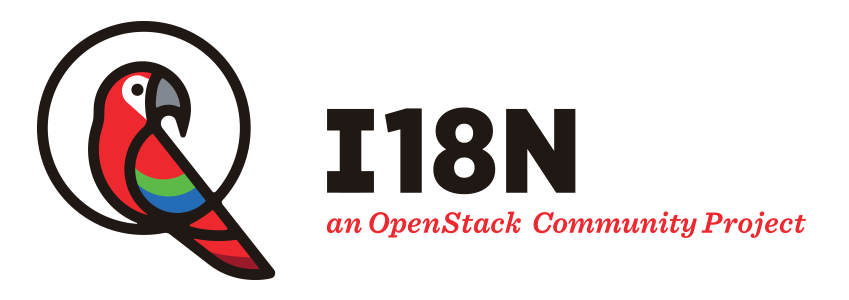BUDAPEST — Code has been called the next universal language, but it still needs some traditional language to be understood around the world.
At the OpenStack Day CEE, Frank Kloeker, technology manager of cloud applications at Deutsche Telekom, gave an update on the OpenStack Internationalization (I18N) community team which he currently leads. Kloeker is a great example of how to contribute to an open-source community without necessarily being a programmer. When he’s not coordinating translation efforts, he’s also a core reviewer on the docs team, participates in several different working groups and SIGs and is helping prepare some big ideas for the upcoming Summit in Berlin.
The mission of the Internationalization team is to make OpenStack accessible to people of all language backgrounds. It’s a diverse and vibrant team that’s very important to the success of the project. Recent projects include translating the Edge Computing whitepaper into seven languages, in addition to the important install guides and technical documentation.
The i18n team at a glance:
- 2,719,377 words translated
- 95 project modules collaborating
- 32 languages supported (17 in the Queens release)
- 299 translators (55 active in Queens)
- 35 companies supporting the project
There’s so much potential content to translate that as team leader one of Kloeker’s biggest responsibilities is to prioritize the work. He does this based on user feedback, including the survey, developer feedback and understanding which projects are the most heavily used (for example, the most popular modules for the Horizon dashboard). He’s also constantly thinking about onboarding new translators, helping train core reviewers and helping grow future project leaders.
 Communication is always a challenge, especially with a global team working across time zones. The work is organized by language teams and there are also project liaisons that provide a connection point to the various upstream projects and developers. The team stays in touch with weekly meetings alternating time zones, as well as IRC and of course mailing lists.
Communication is always a challenge, especially with a global team working across time zones. The work is organized by language teams and there are also project liaisons that provide a connection point to the various upstream projects and developers. The team stays in touch with weekly meetings alternating time zones, as well as IRC and of course mailing lists.
The team uses two primary tools: Zanata, an open-source platform that helps prioritize and coordinate the translation work and the Sphinx documentation tool. There’s also a new platform for translators to check their translations of the Horizon dashboard in context using a near real-time check site that’s easy to install locally. It was a collaborative effort between the i18n, OpenStack Ansible and Horizon teams.
Get involved
Want to get involved? Becoming a translator is a great way to give back to the community, especially if you don’t have programming skills. It’s also a great way to learn more about the projects as you read and translate documentation, which may help you get plugged into other teams or workstreams in the project.
Get in touch with the team on IRC: #openstack-i18n
Check out meetings, held alternating meetings every Thursday at 7:00 or 13:00 UTC
Dive into the documentation: docs.openstack.org/i18n
Take a look at Frank Kloeker’s presentation slides
- What’s the value of contributing to open source? - October 17, 2018
- How one of Sweden’s largest online lenders optimizes for speed - October 11, 2018
- How AI and IoT drive open infrastructure in Taiwan - August 27, 2018

)







